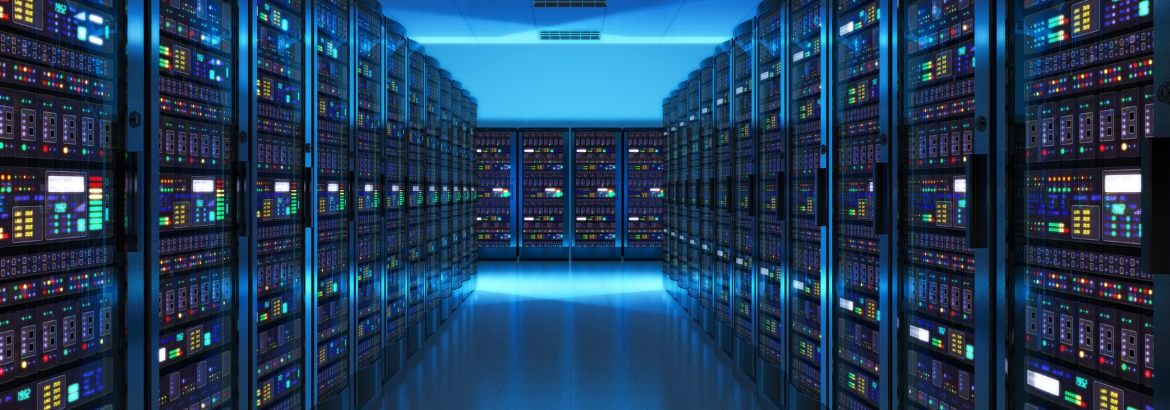In recent years, we’ve all heard the term ‘Big Data’ being banded around in the media. Alongside terms like ‘Artificial Intelligence’, ‘Blockchain’ and ‘Internet of Things’, Big Data is claimed to be having a significant impact on our daily lives, predicting our actions and helping businesses influence our decisions.
According to an article published by Forbes, data is growing faster than ever before and by the year 2020, about 1.7 megabytes of new information will be created every second for every human being on the planet. If there’s one thing that’s clear, it’s that big data’s role in the world is just getting started and it’s growing at a phenomenal pace.
But, how much do you really know about big data. Could you explain it in one sentence? Do you know how it could improve your business? Do you understand how it is being used in the events industry?
Companies have always collected and used data, but due to a huge increase in opportunities to collect data brought about by mobile usage, digital tracking, and recording devices, there is now so much more data available.
In 2010, Eric Schmidt, then CEO of Google said, “There were five exabytes of information created between the dawn of civilization through 2003, but that much information is now created every two days.”
Each of those searches is an opportunity to collect a lot of data on you, me and everyone.
So, what does Big Data really mean?
The term ‘Big Data’ refers to ‘datasets’ (collections of data) that are too large or too complex to be processed using traditional methods, so we need advanced analytical methods supplied by powerful computers and artificial intelligence.
Just to be clear, simply having a lot of data is not big data, the term also includes the analytical methods. Masses of data only becomes big data when processed using predictive analytics or other analytical methods of extracting value from the data.
Here’s an interesting big data fact: the analytical power of big data is used to advance machine learning capabilities. This in turn improves the value we derive from the data by improving our analytical capabilities.
In essence, better data drives machine learning advances, which drives better data, which drives machine learning advances. Big data is like chicken and egg.
You see big data at work just about every time you use social media and browse the web. Know that way products you have searched for seem to follow you around by popping-up all over website banner ads and on your social media feeds? That’s big data in action.
The major providers of big data services include global names such as IBM, Splunk, Dell, Oracle, and Accenture. According to an Accenture study, 79% of enterprise executives agree that companies that do not embrace big data will lose their competitive position and could face extinction. Indeed, the study found that 83% have pursued big data projects to seize a competitive edge.
Using Big Data to improve events
Clearly, big data is offering huge benefits across the full scope of business functions, from reducing costs, to attracting customers, to devising more effective strategies; but, what of events and the events industry? What is big data doing to increase the success of events for all involved?
At a trade show or exhibition, the exhibitors expect to meet attendees that want to buy from. Attendees expect to efficiently find and meet people from businesses whose products can help them – big data is improving these connections. Data analysis is being used to far more accurately connect buyers and sellers, based on their precise needs.
Matchmaking of this kind is achieved by segment profiling. To create profiles of exhibitors and attendees, information is collected that enables big data systems to create highly accurate audience segments. The event organiser collects data such as audience business’ size, location, objectives and product categories before the event, through the registration process.
Reed Exhibitions for one, is an event organiser that uses tracking of customers across multiple platforms to build bespoke reports that offer valuable insights into exhibitor and attendee behaviours. These behaviours are then built into personas which inform the tailored communications that customer segments receive.
It’s not at all surprising to that Reed Exhibition’s event team have taken to big data with great enthusiasm. The company has seen 72% of customers noting that the recommendations they received resulted in them having higher quality meetings, and 73% said the solution resulted in more meetings than they anticipated.
By working together, data analysis and event teams can use big data to deliver exceptional results for exhibitors and attendees alike. Surely, we can all agree, that’s a big deal.
To be kept up-to-date on future industry news and trends, subscribe to IBTM Insight at https://inside.exceptionalexperiences.net/



big data very good.